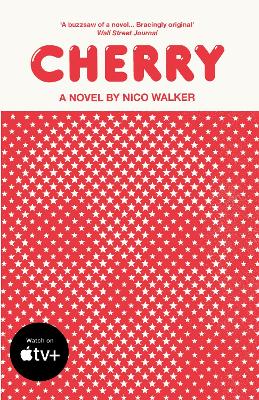Reviewed by clementine on
Reading updates
- Started reading
- 18 November, 2019: Finished reading
- 18 November, 2019: Reviewed

NOW A MAJOR MOTION PICTURE FROM APPLE TV+ STARRING TOM HOLLAND
Cleveland, Ohio, 2003. A young man is just a college freshman when he meets Emily. They share a passion for Edward Albee and ecstasy and fall hard and fast in love. But soon Emily has to move home to Elba, New York, and he flunks out of school and joins the army.
Desperate to keep their relationship alive, they marry before he ships out to Iraq. But as an army medic, he is unprepared for the grisly reality that awaits him. His fellow soldiers smoke; they huff computer duster; they take painkillers; they watch porn. And many of them die. He and Emily try to make their long-distance marriage work, but when he returns from Iraq, his PTSD is profound, and the drugs on the street have changed. The opioid crisis is beginning to swallow up the Midwest.
Soon he is hooked on heroin, and so is Emily. They attempt a normal life, but with their money drying up, he turns to the one thing he thinks he could be really good at - robbing banks.
Hammered out on a prison typewriter, Cherry marks the arrival of a raw, bleakly hilarious, and surprisingly poignant voice straight from the dark heart of America.